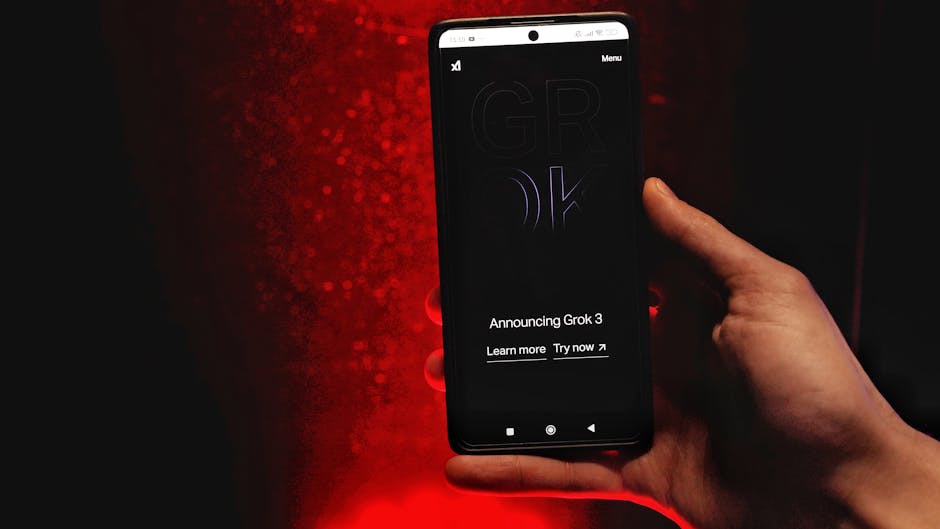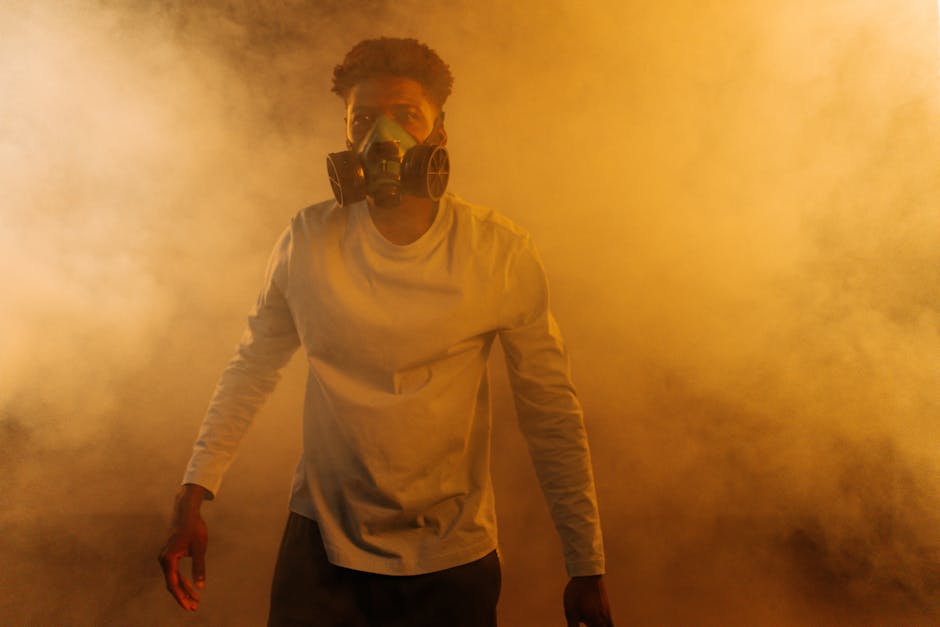Sam Altman’s OpenAI and the Sora Copyright Debate
In the rapidly advancing field of artificial intelligence, OpenAI CEO Sam Altman has sparked a heated discussion around copyright and intellectual property. The controversy centers on OpenAI’s latest project, Sora, an AI platform capable of generating hyper-realistic video game environments and characters. While Sora’s technology is groundbreaking, it has also raised significant legal and ethical concerns, particularly with its potential similarity to Nintendo’s iconic franchises like Mario and Zelda.
Sora’s Capabilities and the Nintendo Connection
Sora’s ability to create intricate, lifelike virtual worlds has been widely praised. However, some of its outputs bear a striking resemblance to characters and settings from Nintendo’s cherished games. This has led to fears that OpenAI may be venturing into copyright infringement territory. During a recent interview, Altman acknowledged the risks, joking, “I hope Nintendo doesn’t sue us.” While his remark was lighthearted, it underscores the serious challenges AI developers face in balancing innovation with intellectual property rights.
The Copyright Conundrum in the AI Era
Copyright law is designed to safeguard the creative works of individuals and companies, granting them exclusive rights to their creations. However, AI technologies like Sora operate in a legal gray area. When an AI generates content inspired by existing works, it’s often unclear whether the output constitutes infringement or falls under fair use.
Nintendo, known for its aggressive defense of intellectual property, has a history of taking legal action against entities it believes are exploiting its creations. Given Sora’s ability to replicate elements of Nintendo’s games, Altman’s concerns are well-founded.
Ethical Questions: Creativity and AI
Beyond legal risks, Sora’s technology raises ethical questions about originality and creativity in the AI age. If AI can produce content that mimics human creations, what does this mean for artists, designers, and developers? While AI has the potential to democratize creativity, it also threatens the livelihoods of those who rely on their artistic skills.
OpenAI has positioned Sora as a tool for creators, not a replacement for human ingenuity. The company has also implemented safeguards to prevent the AI from directly copying copyrighted material. However, as Altman’s comment suggests, the line between inspiration and infringement remains blurry.
The Broader Impact on Creative Industries
The Sora controversy is part of a larger debate about AI’s role in creative industries. As AI technologies advance, they are increasingly used to produce music, art, literature, and films. While this opens up exciting possibilities, it also challenges traditional notions of authorship and ownership.
For companies like OpenAI, navigating this landscape requires a delicate balance. They must push the boundaries of innovation while ensuring their technologies respect intellectual property rights and do not undermine the creative industries they aim to enhance.
What’s Next for OpenAI and Sora?
As Sora continues to evolve, it will be interesting to see how OpenAI addresses these challenges. Will the company partner with game developers like Nintendo to ensure its AI respects their intellectual property? Or will it face legal battles that could set precedents for AI and copyright law?
For now, Altman’s quip about Nintendo serves as a reminder of the complexities of pioneering new technologies. In the race to innovate, AI developers must consider not just what they can do, but what they should do.
Stay tuned to NextMinuteNews for updates on this developing story and more insights into the intersection of AI, creativity, and the law.




